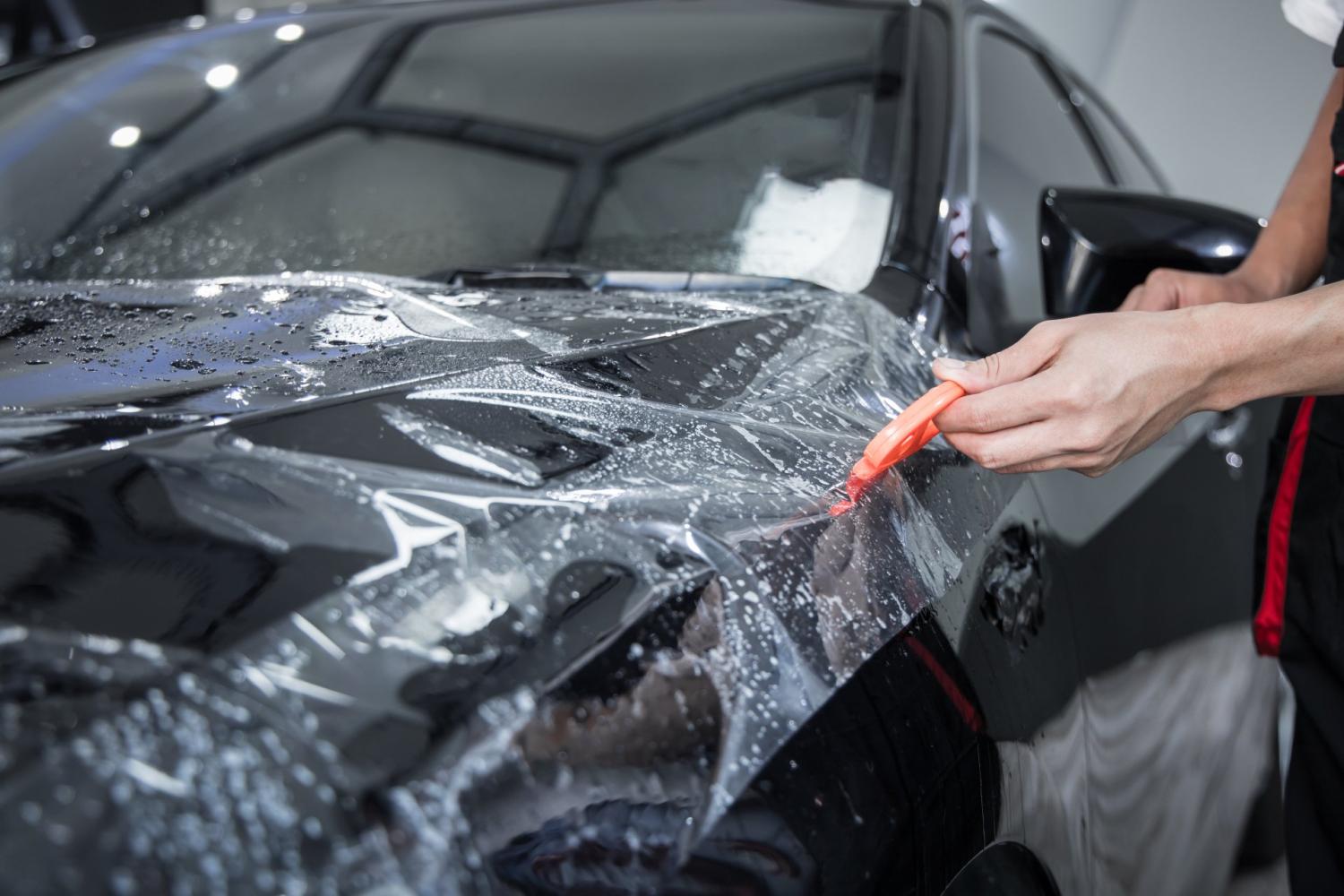
-
704 Views 0 Comments 0 Likes

Protecting the paintwork of your car plays a key role in its appearance and safety. Regardless of whether your car is new or has been serving faithfully for several years, proper care of the paintwork can significantly extend its life and maintain its attractive appearance. Let's look at 10 important facts about car paint protection that will help you keep your car in excellent condition.
The first and most fundamental step in protecting your paintwork is regular washing and waxing. Street pollution, bird droppings, insect deposits, and other impurities can cause damage to paintwork if they are not removed promptly. Regular washing avoids the accumulation of these harmful elements. In addition, applying car wax after washing helps create a protective layer that repels dirt and reduces the risk of damage to the paintwork.
To minimize the risk of paint damage, avoid rubbing the car’s surface. This includes parking away from other cars, avoiding parking under trees where branches can easily cause scratches, and opening doors carefully to avoid hitting nearby cars.
Regular vehicle inspection and maintenance are also important to protect the paintwork. Defects in paintwork, such as chips or scratches, can lead to corrosion of the metal if they are not repaired promptly. Therefore, it is important to regularly inspect the paintwork and repair any damage.
There are various types of paint protection coatings, such as ceramic coating, nano-polymers, and films. These coatings add an extra layer of protection over the paintwork that helps prevent scratches, road salt stains, and UV damage. Ceramic coating, for example, provides long-term protection and a deep shine, while films can be invisible and protect not only the body but also the headlights from damage.
When caring for your car, avoid using harsh chemicals such as bleaches, solvents, and ammonia-based cleaners. These substances can damage the paintwork, causing fading, dulling, or even deterioration of the top coat of paint. Instead, use specialized car shampoos and mild cleaning materials that are paint-safe.
The sun's ultraviolet rays can damage paintwork, causing paint to fade and degrade. Therefore, it is important to take measures to protect your car from solar radiation. If possible, park your car in the shade or use a carport. You may also consider using UV protection products such as waxes or resin coatings to help reduce the sun's exposure to paint.
When washing your car, be careful about the paintwork surface, especially when using self-service or high-pressure car washes. Avoid directing the water jet at right angles to the paintwork to avoid damaging or removing the paint. Also, use soft cleaning materials to prevent scratches.
Road conditions can be harmful to your vehicle's paintwork. For example, road salt used to control ice and snow in the winter can cause corrosion and paint damage. Therefore, after driving in winter conditions, it is recommended to thoroughly wash the car and carry out protective procedures to prevent negative consequences.
It is important to promptly repair any damage to the paintwork, such as scratches, chips, or cracks. If left unchecked, this damage can lead to more serious problems, including metal corrosion and damage spreading over large areas of the body. Therefore, do not delay your visit to a paintwork repair specialist to eliminate any defects as quickly as possible.
Finally, properly storing your vehicle also plays an important role in protecting the paintwork. If your car is outdoors for long periods of time, consider using a carport or car garage for weather protection. This will help prevent paint fading and other damage caused by extreme weather conditions.


